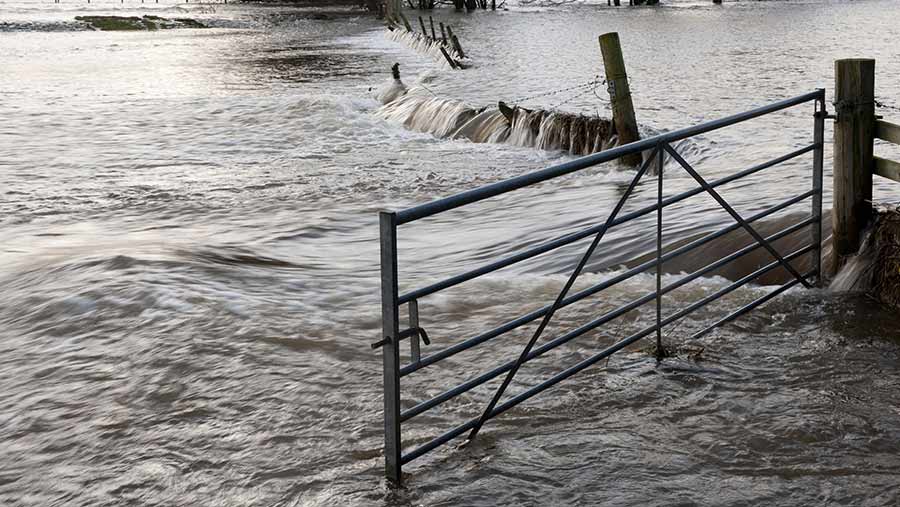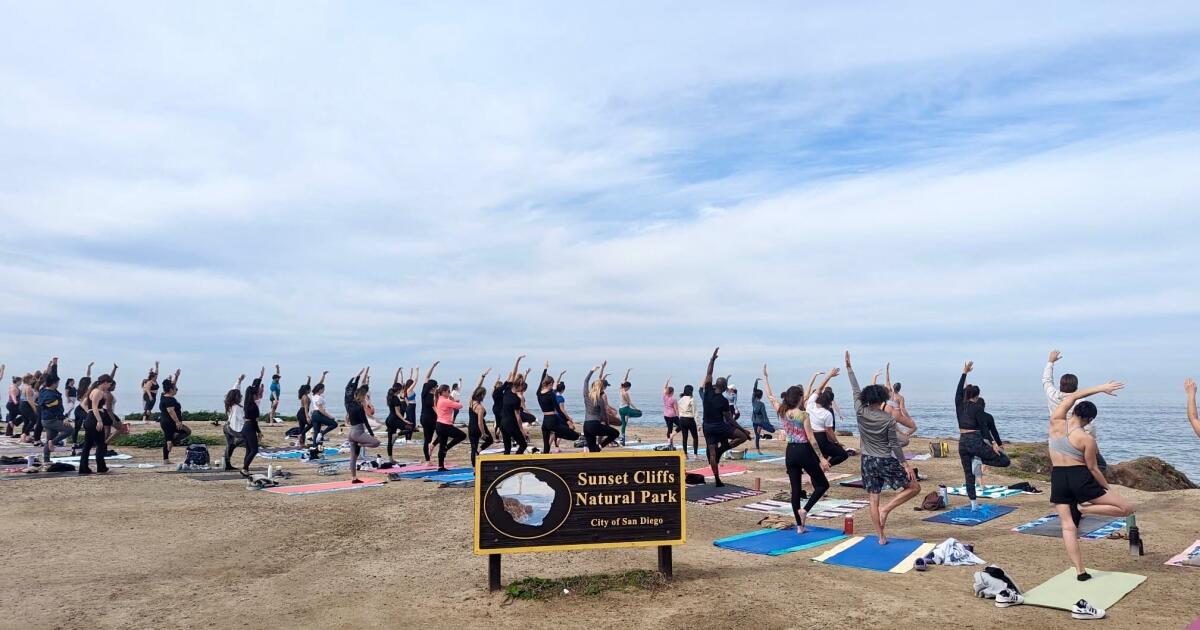
- Select a language for the TTS:
- UK English Female
- UK English Male
- US English Female
- US English Male
- Australian Female
- Australian Male
- Language selected: (auto detect) - EN
Play all audios:
Boris Johnson’s new lockdown strategy is intended to find a balance between the moderate liberty found in the summer and the stringent lockdown of the spring. The Prime Minister insisted
that all of the measures were put in place to “fulfil our simultaneous objectives of saving lives [and] protecting our NHS.” They are very worthy reasons to go about something. Protecting
the NHS is vital given the damage done by the harsh economic reality we face. Precious as well are the lives of cancer patients of all ages, as well as those who have gone undiagnosed, due
to government pressure to stay indoors. Back in August a study predicted that there would be between seven and eighteen thousand additional deaths from cancer due to treatments missed during
lockdown. It would also be irresponsible to expect those thousands of people whose careers and futures have been ruined to bear it in silence. All of these people, I have come to think,
have lives just as worthy as those in hospital with coronavirus. Given that many of them are young and at very low risk of contracting Covid, I would suggest that they should be the
government’s main priority. The general acceptance of lockdown suggests a worrying view of the role of the state. Over the last seven months the government has changed Britain’s sense of
individual liberty — it seems that we cannot be trusted to make our minds up for ourselves. Most unsettling is the fact that most of the country accepts this. The role of governments is to
rule and, when necessary, to advise. If in March the government had decided to set out the clearest scientific advice, it would have shown that most people were at very low risk from Covid.
It would also have shown that a small minority were at high risk. Those of us at higher risk of being run over in the street than coronavirus would, I suspect, have mostly chosen to continue
our lives as normal. We would have gone out, and we would have taken the risk upon ourselves, in full knowledge of the best information the medical establishment could give us. Those in
society at risk would have taken whatever precautions they saw fit, given the guidance, and many would have stayed at home. Both groups exercise their own rights, the government gives them
the guidance. This is a social contract, a doctrine the last months have pretended never existed. You may contest whether it will have saved lives; such an argument can never be fully
resolved. But we would have had control over our lives. Johnson and his cabal have told us since the beginning that his administration was ‘following the science’, a pernicious
simplification. Elected representatives should make decisions based on the advice of a wide variety of experts, and opinions in many different fields. Our leaders should be versed in
economics, taught the principles of epidemiology, and competent in other fields. Confined to our especially modern form of subjugation, most Britons have let the previously lost powers of
the state roll over them without a single cry of protest, unwilling to question the ultimate wisdom in the messages issued from the centre. Liberty, in its fullest sense, is not a naive
impression of rights — it is the responsibility for one’s own actions within the law. It doesn’t take just being a “libertarian” to be against the rules. A person need only have an
instinctive mistrust of large-scale state intervention. Yet as those rights, fought for by many who lived in this country over years of conflict, have been efficiently removed, most of us
have given in and decided it’s someone else’s game. The piteous result is what happens when a country shuts itself away and decides it does not want to dispute its leaders, content to
whittle away its inherited freedom as if liberty were something easily retained.






